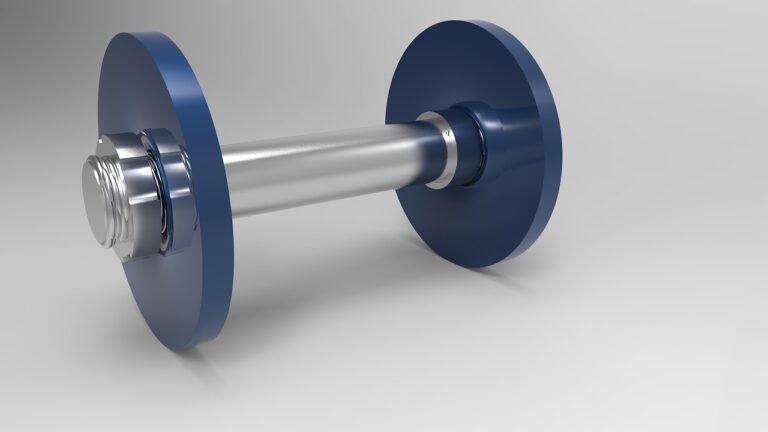Home Health Care for Health Information Technology (HIT) Security and Privacy: Silverexch.com, Goldenexchange, Betbook247.com
silverexch.com, goldenexchange, betbook247.com: Home health care providers have a critical role in maintaining the security and privacy of health information technology (HIT) systems. With the increasing use of electronic health records and telehealth services, it is essential for home health care agencies to prioritize data protection to ensure patient confidentiality and compliance with regulations such as HIPAA.
Here are some key considerations for maintaining HIT security and privacy in home health care:
1. Risk Assessment: Conduct regular risk assessments to identify potential vulnerabilities in your HIT systems. This will help you understand the potential threats and implement appropriate safeguards to protect sensitive information.
2. Employee Training: Provide comprehensive training for staff members on security best practices, such as password management, data encryption, and recognizing phishing attempts. Educating employees on cybersecurity risks is crucial in preventing data breaches.
3. Access Control: Implement strong access controls to limit the information that employees can access based on their roles and responsibilities. This will help prevent unauthorized access to patient records and other sensitive data.
4. Encryption: Encrypt all data transmitted and stored on HIT systems to protect it from unauthorized access. Encryption converts data into a secure code that can only be decoded with an encryption key, adding an extra layer of protection.
5. Data Backup: Regularly back up your data to ensure that critical information is not lost in the event of a security breach or system failure. Backing up data to secure off-site servers is a recommended practice for mitigating risks.
6. Incident Response Plan: Develop a comprehensive incident response plan to address security breaches or data leaks promptly. Having a clear protocol in place will help minimize the impact of security incidents and ensure a swift and effective response.
7. Patient Education: Educate patients on the importance of protecting their health information and how they can play a role in maintaining privacy. Encourage patients to report any suspicious activity related to their health records promptly.
8. Compliance Monitoring: Regularly monitor your HIT systems for compliance with HIPAA regulations and other data protection laws. Conduct internal audits to ensure that security measures are being implemented correctly and are up to date.
9. Vendor Management: If you use third-party vendors for HIT services, ensure that they have robust security measures in place to protect your data. Verify that vendors comply with applicable regulations and conduct regular security assessments.
Conclusion:
In conclusion, maintaining HIT security and privacy in home health care is essential for protecting patient information and ensuring regulatory compliance. By implementing best practices such as conducting risk assessments, providing employee training, and encrypting data, home health care agencies can safeguard sensitive information and build trust with patients.
FAQs:
Q: What is the role of HIT security in home health care?
A: HIT security is crucial in home health care to protect patient information from unauthorized access and ensure compliance with regulations such as HIPAA.
Q: How can home health care agencies prevent data breaches?
A: Home health care agencies can prevent data breaches by implementing strong access controls, encrypting data, conducting regular risk assessments, and educating employees on cybersecurity best practices.
Q: Why is patient education important for HIT security?
A: Patient education is essential for raising awareness about the importance of protecting health information and empowering patients to take an active role in maintaining their privacy.







